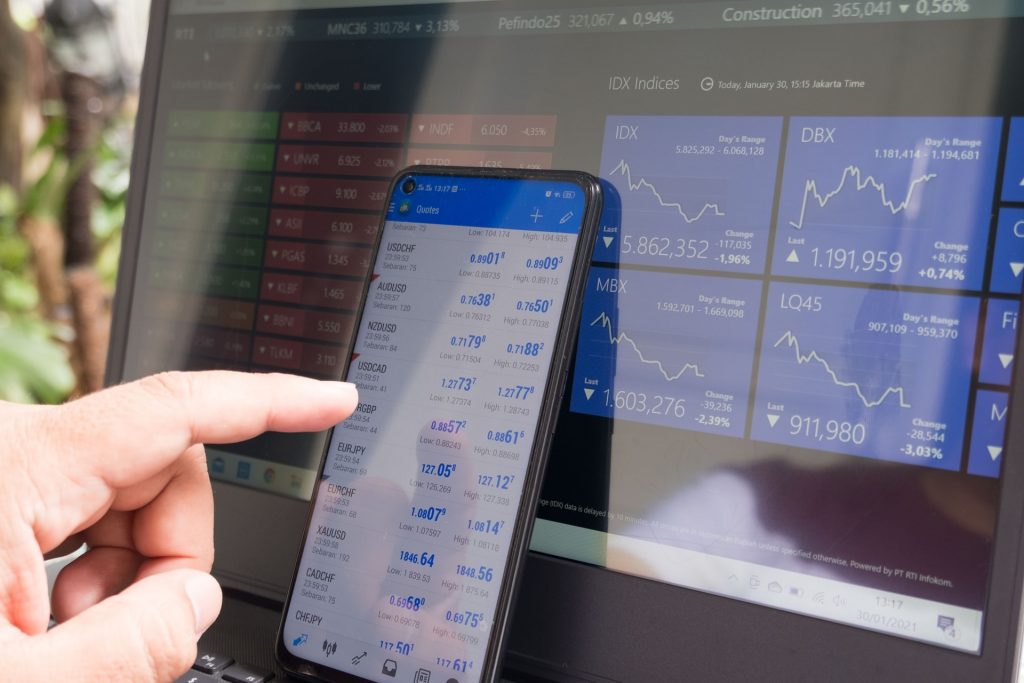Capital markets have their own specialized terminologies. The forex trading sector shares terminology with other capital markets, but these terms signify various forex industry items. Likewise, several terms are unique to Forex. In this post, we look at different words used in Forex. These typical phrases will be explored in this module.
Base and Counter Currencies
In the equity and bond markets, popular shares may be offered. Thus, they will turn their immunity into revenue without paying taxes. However, in the Foreign Exchange sector, there is still capital being purchased and sold. But how does this work, then?
In the foreign exchange market, you can purchase and sell currencies concurrently. This means that one earns or spends for a particular one. Currency pricing must always be represented in pairs. The price reflects the probability of the expenditure of the desired sum of money for the second currency’s desired output. Speaking of the cost in final words, the price is referred to as the base currency. The other foreign exchange is also discussed here.
To reference the USD/EUR pair, the US Dollar is also considered the base currency, while the Euro is called the counter currency.
Long and Short Positions
Like the equity market and bond markets, forex markets encourage traders to take long and short positions. However, long and short positions differ in definition within markets. Because currencies are exchanged in pairs, this is since. This adds to uncertainty among new investors about what will happen when they go long and what it means to go short.
When dealing in the forex market, one “goes long” in the base currency, and another one “goes short.” When one already has a long position and manages to keep the position, they move higher up.
For instance, you might opt to purchase euros and sell dollars in the marketplace if you chose to.
Related to forex trading, going short for options implies that you purchase the underlying commodity units when selling the contract units. The addition to the short place is regarded as “banking.”
Therefore, if you were to sell USD and concurrently purchase EUR, you will have to sell USD and buy EUR.
Moving back to a starting point from a previous, intermediate, or final position is referred to as a square off. To “square off,” you must belong, so if you are low, you must buy to square off.
Bid, Ask and Spread
Specialized market makers manage forex exchange markets. The business has a two-way demand for all currency. They give pricing estimates for buy and sale orders. Of what price would they sell, often less than the price they can purchase. The differential is intended to reimburse the holder for the danger incurred by keeping cash over a long time.
The highest price for which the seller is willing to offer and the lowest price the consumer is ready to purchase. As the distributions vary, the bid-ask spreads can be referred to as “bid-ask spread.”
Lots
This concept is widely used to characterize the exchange in derivatives. The number of foreign exchange contracts often has a set cap. For instance, contracts denominated in US dollars are available in multiples of $5000. They would respond to a $5000 deal as a lot. Thus, if you want to buy USD 25,000 in the future, you would purchase five units (5 lots, roughly $25,000). Many currencies have varying sizes required for specific lots. Market makers have the greatest flexibility of outlets of liquidity.
Pip
This is the pace with which the currency is heading toward the dollar. A pip is 1/100 of a pound sterling. If a currency’s value were to shift by 0.00001 percent, there would be an impact on the cited foreign exchange rates.
Pip has become synonymous with the term pip. Changes in rates and where gains are produced are calculated in terms of fluctuating pips. However, because the pip represents a variable sum of capital, it may be viewed in several forms, depending on the circumstances.
Value Dates and Rollovers
The value date is the date the parties enter consensus on the value of the exchange. This argument suggests that open derivative contracts are immediately closed at their settlement prices on the value day. Thus contracts get more unpredictable because the deal is quite close to the value date.
Traders also opt to turn over their contracts. Provided that they consider the next value date to exist, they prefer to conclude their contracts on that date instead of the present value day. To conduct the contract, all parties must accept and pay the appropriate charge depending on the two currencies’ differing interest rates.
There are also such slang words in the industries that are used daily. However, such terms can define company techniques used in the industry and are therefore outside this basic paper’s reach. To sum it up, forex trading has its own terminology, which one must get used to.

